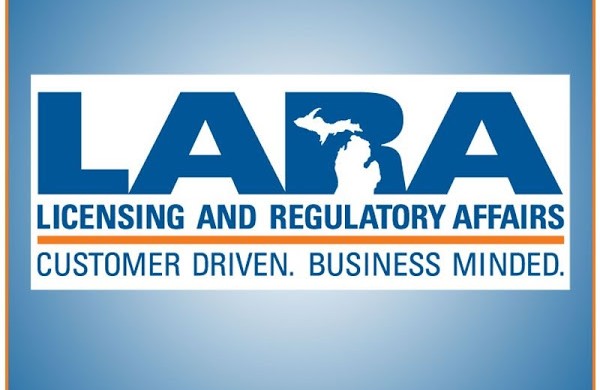
2016 Will Be Marijuana’s Big Year
2015 was a pretty amazing year for progress in the legalization of marijuana.
Four states and the District of Columbia legalized recreational marijuana, many states decriminalized it and several more states approved medical marijuana. But for all the advances made in 2015, the year was just a run up to 2016, when the presidential election is expected to be accompanied by a ramp up in legalization.
In Congress, there are expectations for a Senate Judiciary Committee hearing on the CARERS Act (S. 683 or H.R. 1538). This bill, sponsored by Cory Booker, Kirsten Gillibrand, Dean Heller and presidential candidate Rand Paul, is a comprehensive piece of legislation on medical marijuana. It would allow states to legalize medical marijuana without federal interference and reschedule marijuana to a schedule II drug. It would eliminate barriers to research and allow banks to work with marijuana companies. Chuck Grassley is the head of the committee and until he schedules a hearing, it is dead in the water. Many hope this year he will buckle under pressure and set up a hearing.
The Respect State Marijuana Laws or HR 140 is also on the hoped for hearings list. Mason Tvert, Director of Communications for the Marijuana Policy Project said, “We expect support will continue to grow for both of those bills as well as for legislation regarding veterans’ access to medical marijuana and banking for medical marijuana businesses.”
Alan Amsterdam, second from L, and Cesar Maxit, third from L, volunteers with the DC Cannabis Campaign, talk to a voter about the ballot initiative to legalize marijuana in front of a polling location in the Adams Morgan neighborhood on November 4, 2014 in Washington D.C. (Photo by Allison Shelley/Getty Images).
Other pieces of marijuana legislation include Bernie Sanders’ bills, S. 2237, the “Ending Federal Marijuana Prohibition Act of 2015,” and S. 2237, the “Ending Federal Marijuana Prohibition Act of 2015;” H.R. 667, the Veterans Equal Access Act; H.R. 262 the States Medical Marijuana Act Property Right Protection; H.R. 1013 & 1014 the Regulate Marijuana like Alcohol Act and Marijuana Tax Revenue Act of 2015; H.R. 1855 and S. 987, the Small Business Tax Equity Act; and H.R. 2076 and S. 1726, the Marijuana Business Access to Banking Act. There’s also H.R. 3124, Clean Slate for Marijuana Offenses Act of 2015; and H.R. 3518, the Stop Civil Asset Forfeiture Funding for Marijuana Suppression Act.
Many states have initiatives for November that focus on legalizing or regulating marijuana for adult use. These include Nevada, Massachusetts, Arizona, Maine and California. States trying to pull together legislation for the November ballots include Florida, Arkansas and Missouri.
Vermont’s state attorney general thinks that legalization of recreational marijuana could pass in 2016 and the house speaker is supportive. Rhode Island is also a possibility for recreational legalization next year.
When it comes to medical marijuana, Pennsylvania is likely. The Senate passed a law, but the House is slow to come around, even though the governor supports it. Nebraska and Utah could potentially pass medical marijuana laws in 2016.
Illinois and New Hampshire are likely to pass decriminalization of possession laws in the new year.
Dec 28, 2015
Debra Borchardt , Contributor (Opinions expressed by Forbes Contributors are their own).

